Weight Loss by a Vegetarian Diet
Apart from an abundance of health benefits, the vegetarian diet is the best and healthiest way to lose weight, provided there is adequate knowledge on vegetarian meal planning to prevent potential nutrient deficiencies.
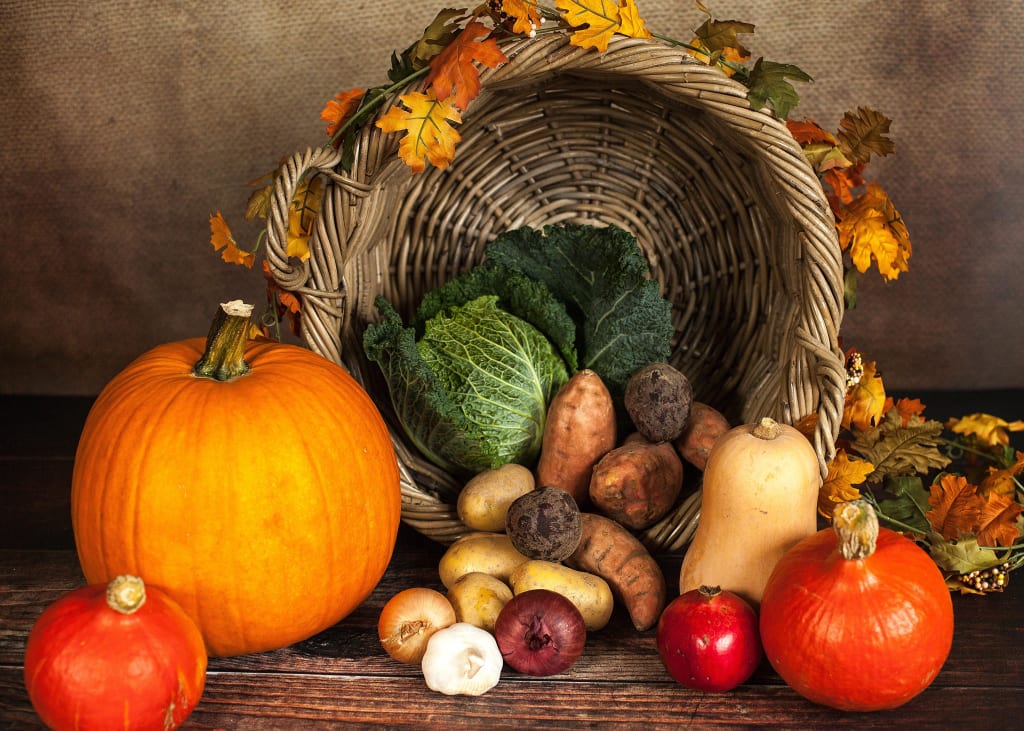
When you read the title, I’m sure some of you would have thought that this is bogus maybe because you know someone who follows a vegetarian diet but is on the wrong end of the weighing scale.
Maybe you were skeptical of this diet because there’s this stigma where a vegetarian diet is usually perceived to cause nutrient deficiencies.
Some of you also may have gasped thinking, “Oh no, I can’t live without meat!”
Please take a deep breath. Come on people, inhale! Good, now exhale. I’ll explain those three statements throughout this article.
First of all, what is a vegetarian diet? A vegetarian diet focuses on plant-based foods which are divided into a few groups, such as fruits, vegetables, cereals and grains, legumes, nuts and seeds.
The six types of vegetarian diets are the semi-vegetarian diet, lacto-ovo vegetarian diet, lacto-vegetarian diet, ovo-vegetarian diet, pesco-vegetarian diet and vegan diet.
Semi-vegetarian diets, also known as flexitarian, are the least strict diets compared to the other types. Those following this diet consume plant-based foods and have occasional consumption of poultry, seafood, eggs, milk and milk products. They only refrain from consuming red meat.
Those following a lacto-ovo vegetarian diet consist of plant-based foods, eggs, milk and milk products but abstain from the consumption of red meat, poultry and seafood.
Those following a lacto-vegetarian diet consume plant-based foods, and milk and milk products but not eggs.
Those following an ovo-vegetarian diet consume plant-based foods and eggs but not milk and milk products.
Those following a pesco-vegetarian consume only plant-based foods and seafood.
A vegan diet is the strictest type of vegetarian diet. Those following this diet only consume plant-based foods and products. They refrain from the consumption of meat, poultry, seafood, milk and milk products, egg, and animal products such as honey.
Now since you know about the different types of vegetarian diets, you can choose the one that you’re most comfortable with to lose weight. You need not worry about cutting meat out of your diet entirely.
If you think it’s too difficult to let go of seafood, then you can follow a pesco-vegetarian diet. If you think you can only give up on beef for now, then you can follow a semi-vegetarian diet.
Of course, following a vegan diet would be the fastest way to lose weight but you can always cut down on non-vegetarian food one by one and not altogether at the same time. Losing weight should be a happy journey.
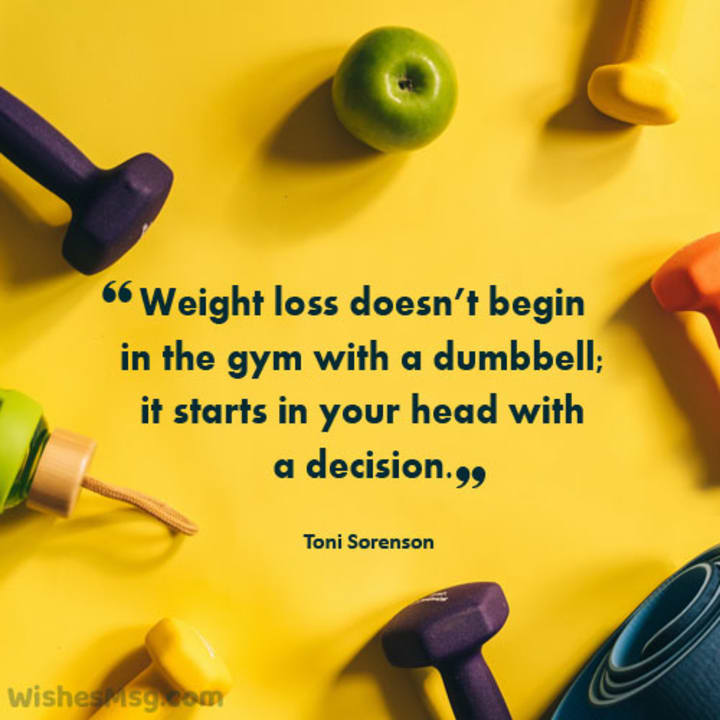
Compared to non-vegetarians, vegetarians consume more plant-based foods, especially vegetables. Consumption of vegetables leads to a diet with lower energy density because it is high in dietary fiber content, water content and complex carbohydrate.
I have explained more about the importance of fiber and water for weight loss in my last article; ‘Fast and Healthy Ways to Lose Weight’ (click here to read).
Vegetables also have restricted fat which aids in weight loss. These properties of vegetables increase satiety and reduce feelings of hunger which prevents over-eating.
Vegetables also contain a group of non-nutritive phytochemicals known as flavonoids that have anti-obesity effects and hence contribute to preventing unnecessary weight gain and/or inducing healthy weight loss.
A vegetarian diet also tends to aid in weight loss because it happens to be a form of food restriction without the consumption of any animal-based foods.
Foods that are rich in animal protein contain a high amount of fatty acids compared to the amounts found in vegetables.
These fatty acids are then converted to various lipoproteins in the liver. This will then increase the deposition of adipose tissue leading to weight gain.
However, the exclusion of animal-based foods alone does not contribute to weight loss but ample consumption of plant-based foods, especially vegetables is required. This is a very important thing to keep in mind.
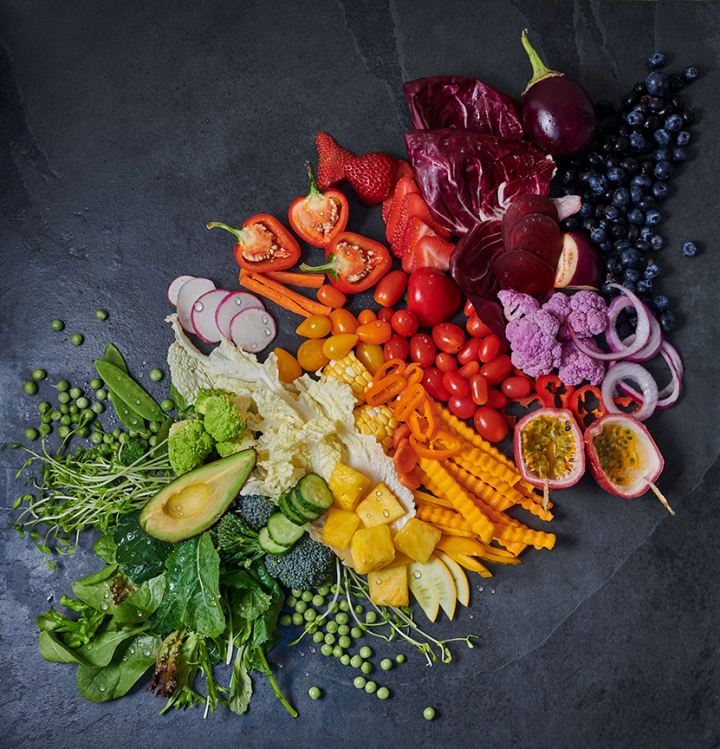
That is why some people who follow a vegetarian diet tend to be on the heavier side. They may have restricted themselves from eating meat but they may not be consuming enough vegetables. Fiber is very important for weight loss.
Apart from that, obesity also has other causes such as genetic hereditary and hormonal imbalances which cannot be rectified through a vegetarian diet alone.
Physical activity is mandatory for those who have a family history of obesity. It’s also important to get your hormone levels checked to do what is needed if in case they are imbalanced.
Studies have shown that long term consumption of a low calorie, low protein vegetarian diet is associated with reduced weight and a healthy body mass index (BMI). This indicates the potential of a vegetarian diet to protect against obesity.
Body mass index (BMI) is the ratio of weight in kilogram to the square of height in meters, kg/m2. It is a reliable indicator of body fat and it is used to determine whether a person’s weight is appropriate for their height.
The categories of body mass index (BMI) are:
- Underweight (BMI below 18.5 kg/m2)
- Normal weight (BMI between 18.5 kg/m2 and 24.9 kg/m2)
- Overweight (BMI between 25.0 kg/m2 and 29.9 kg/m2)
- Obese (BMI above 30.0 kg/m2)
Many people are reluctant to follow a vegetarian diet they perceive it to cause nutrient deficiencies such as protein, calcium, iron, zinc, Vitamin D, Vitamin B2 and Vitamin B12. This would only happen if there is a lack of interest and knowledge in vegetarian meal planning.
To prevent potential nutrient deficiencies, education on proper meal planning and replacement of the excluded animal-based foods is mandatory.
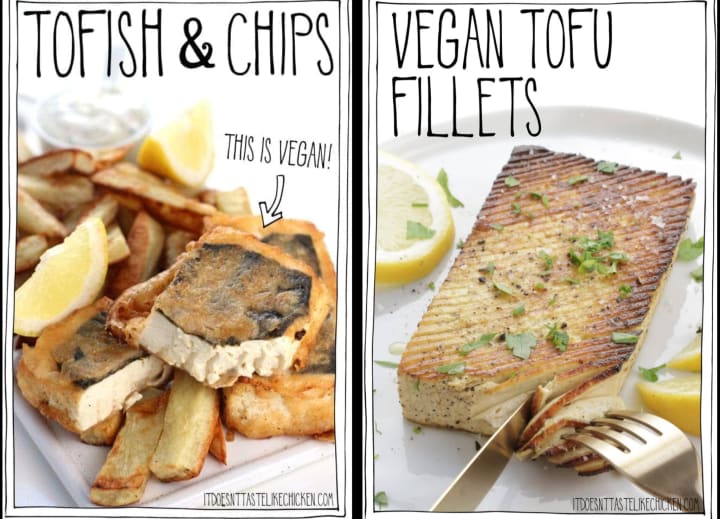
For example, a great substitute for fish would be firm tofu. Cut the tofu into fish-sized pieces and wrap those pieces in nori sheets (seaweed). Then coat these pieces before frying them.
If these seem like too much work, there are a lot of brands of ‘vegetarian fish’ or ‘mock fish’ that you can buy. There are also substitutes like this available for all non-vegetarian foods.
Tofu is a good source of calcium and protein and prevents us from ingesting the high saturated fats from fish.
However, as I mentioned in my last article, ‘Fast and Healthy Ways to Lose Weight’ (click here to read), the method of cooking plays a huge role in calorie intake. Frying produces high-calorie food. So if you want to avoid that, you can simply choose to steam or braise the tofu.
Thus, a well planned vegetarian diet provides adequate nutrition that contributes to a healthy weight loss.
I’m a Certified Nutritionist and I’m always looking forward to helping others to lose weight healthily. So if you have any questions regarding this article, weight loss, vegetarian diets or any other nutrition-related questions, feel free to reach me here.
___________________________________________
Thank you for reading. If you liked my writing, please subscribe and click the small heart below this piece or near my name, at the top of this page.
If you liked this, you might also like this:
About the Creator
Enjoyed the story? Support the Creator.
Subscribe for free to receive all their stories in your feed. You could also pledge your support or give them a one-off tip, letting them know you appreciate their work.
Reader insights
Outstanding
Excellent work. Looking forward to reading more!
Top insights
Easy to read and follow
Well-structured & engaging content
Expert insights and opinions
Arguments were carefully researched and presented
Excellent storytelling
Original narrative & well developed characters
On-point and relevant
Writing reflected the title & theme
Compelling and original writing
Creative use of language & vocab
Eye opening
Niche topic & fresh perspectives
Masterful proofreading
Zero grammar & spelling mistakes




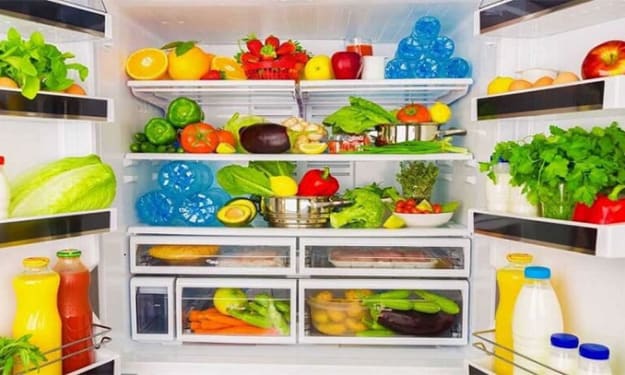

Comments (2)
Thank you Dharrsheena! I know I don't eat enough vegetables. My husband only eats occasional raw carrots and green beans. He is tough to cook for. He is a true meat and potatoes guy. Doesn't eat pasta or rice. I have gotten away from cooking as it is not fun his way. We eat on our own a lot as he was a bachelor for about 10 years and eats things like dinty moore, and other canned and packaged food, and egg and cheese sandwiches. He enjoys breakfast food. Then he will eat just pancakes, just french toast. My point is he makes eating veggies tough and it is not all him as I like mine with butter or cream, or with dip. I have very few good habits either.😉
Interesting article. Surprise it didn't get more comments